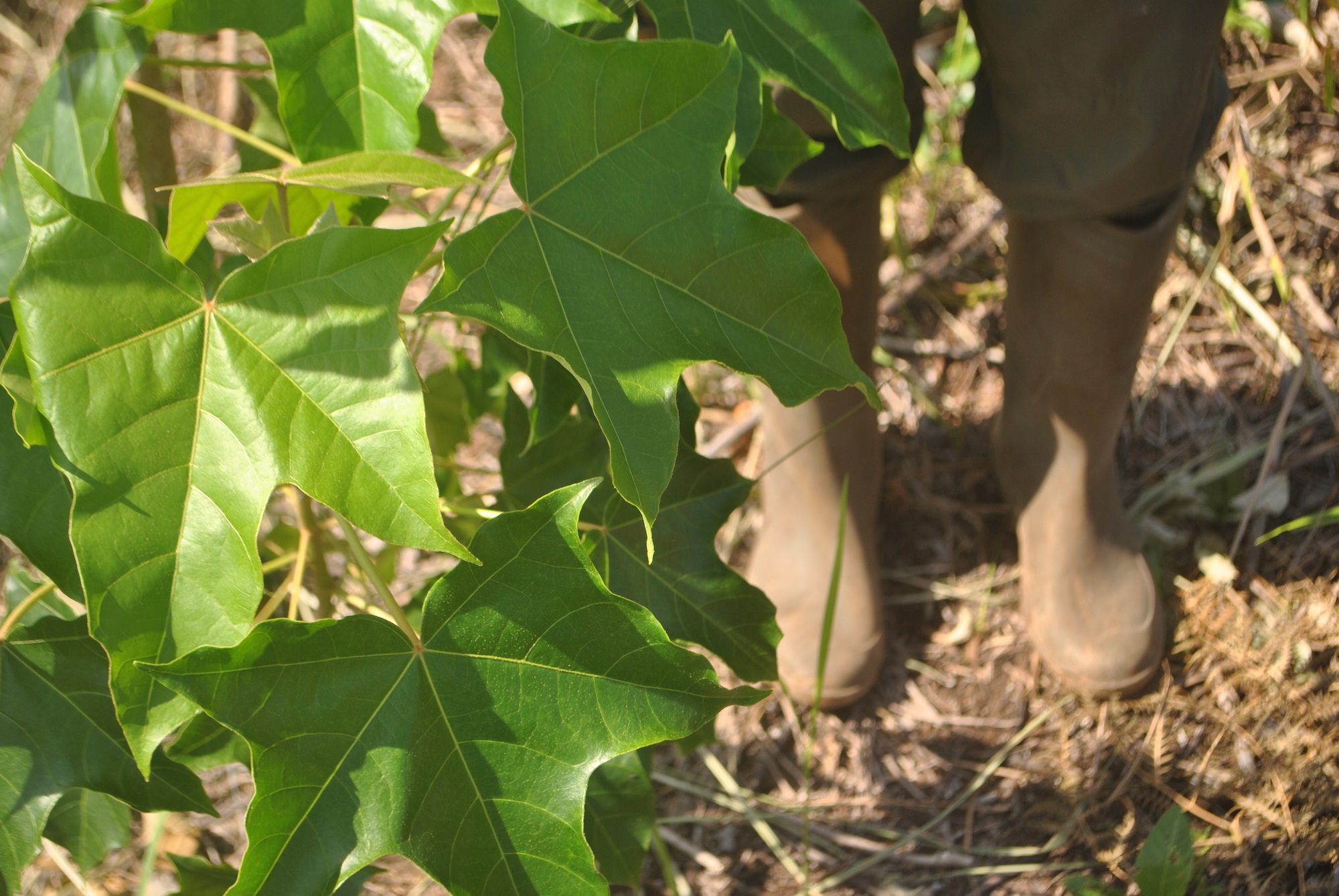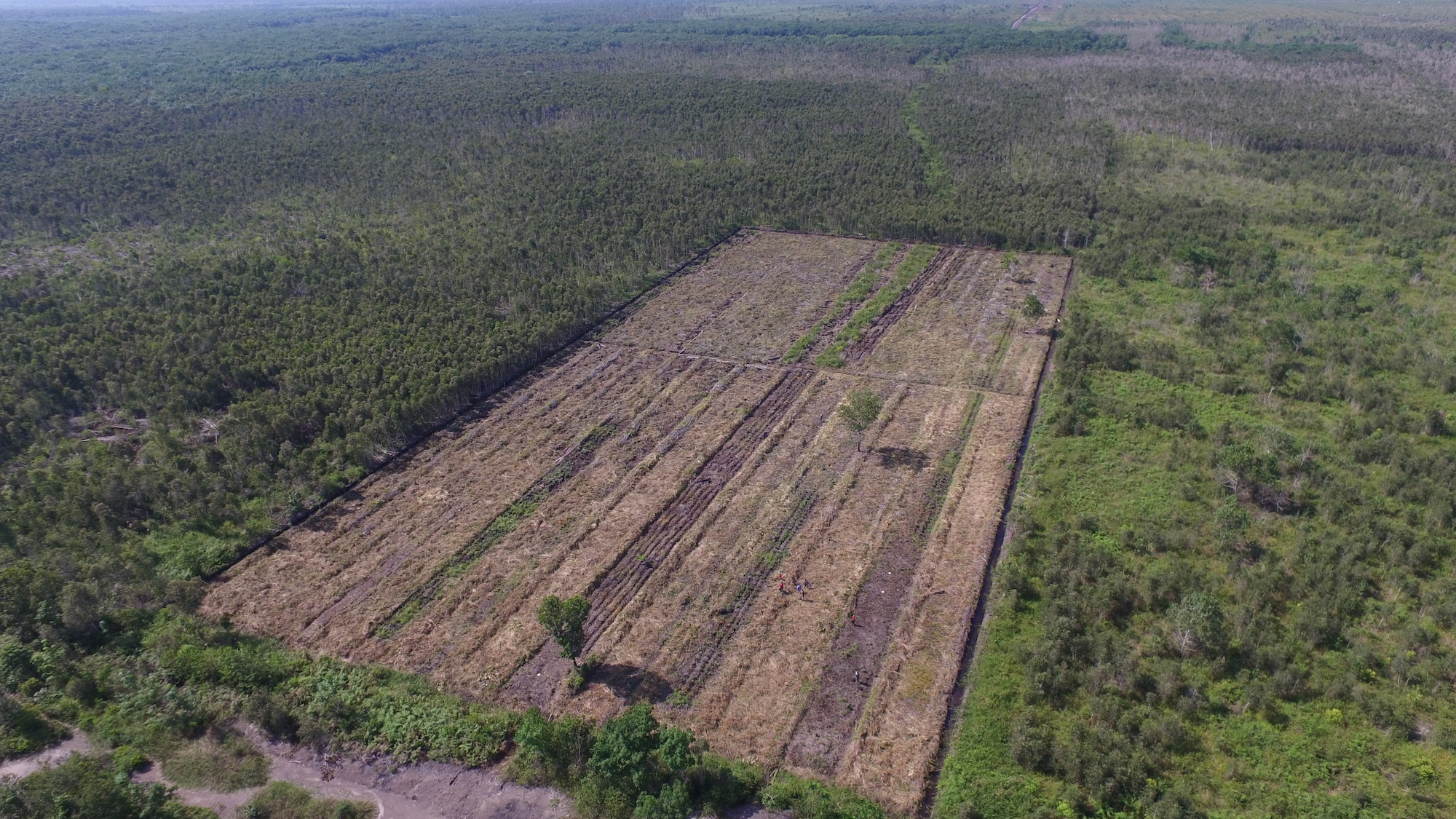Research on bioenergy is in high demand in Indonesia, where the sector is seen as a potential way forward for energy security and sustainable development.
The latest research findings were shared with policymakers, the private sector and civil society last week at an international workshop on ‘Developing science- and evidence-based policy and practice of bioenergy in Indonesia within the context of sustainable development’, hosted at the Center for International Forestry Research (CIFOR) headquarters in Bogor, Indonesia.
Indonesia plans to increase the share of new and renewable energy in the national energy mix to 31% by 2030, compared to a baseline of 6% in 2005. This is projected to decrease dependence on fossil fuels, reduce greenhouse gas emissions, promote economic development and ensure nationwide energy security.
The goal is also in line with Indonesia’s Nationally Determined Contribution under the Paris Agreement, which outlines the country’s transition to a low-carbon and climate-resilient future.
Speaking at the event, Robert Nasi, CIFOR’s Deputy Director General for Research, also highlighted the potential for bioenergy to address several of the Sustainable Development Goals (SDGs) in Indonesia, including those related to climate action.
“Bioenergy is clearly linked to SDG No. 7 – affordable and clean energy – but it also links to poverty, zero hunger, and a whole suite of other SDGs,” he said.
The international workshop was jointly organized by CIFOR and the World Agroforestry Centre (ICRAF), in collaboration with the Research and Development Agency at Indonesia’s Ministry of Energy and Mineral Resources (Badan Litbang ESDM), the Forestry and Environment Research, Development and Innovation Agency at the Indonesian Ministry of Environment and Forestry (Badan Litbang-Inovasi LHK) and the Royal Institute of Technology in Stockholm, Sweden (KTH), under the sponsorship of the Swedish Energy Agency.
We want you to share Forests News content, which is licensed under Creative Commons Attribution-NonCommercial-ShareAlike 4.0 International (CC BY-NC-SA 4.0). This means you are free to redistribute our material for non-commercial purposes. All we ask is that you give Forests News appropriate credit and link to the original Forests News content, indicate if changes were made, and distribute your contributions under the same Creative Commons license. You must notify Forests News if you repost, reprint or reuse our materials by contacting forestsnews@cifor-icraf.org.

